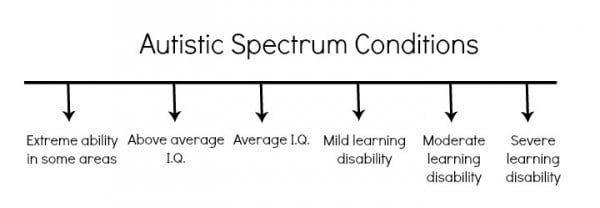
I was sponge child, born with a babble and a love of learning. Advanced at language, reading and writing, they gave me extra work at primary school to stretch me. I remember positive feedback and even the word ‘gifted’.
Later, there was also this:
“Loud, excitable. Distracts others.”
“Talks frequently in class.”
“Ms L, What does ‘interject’ mean?” “What you just did.”
“Would be an excellent student if she learnt to truly apply herself.”
And, from a classmate:
“Head like a sieve.”
Not uncommon for many of us, I suppose. I was coasting without trying too hard.
But by mid-high school things, had changed. Assignments became harder to submit on time. Tests and exams that needed dedicated study were more difficult to perform well.
Time management skills did not come naturally – then, hardly at all.
Notes shuttled between parents and teachers. Something was up and I didn’t know what. My track record and decent intelligence left everyone to deduce typical teen stuff and a growing social life were the culprits. I was a gold medal procrastinator blowing my best efforts on avoidance.
Then a rising sense of anxious dread took hold, along with mind blanks and average performances. An inability to start things. Patchy follow through.
Everything took longer to process. My lethargic but stressed brain failed to engage its clunky gears, and they were left revving nowhere at each new task. Increased effort yielded ever less. Students I routinely outdid achieved greater academic returns than I could.































































































